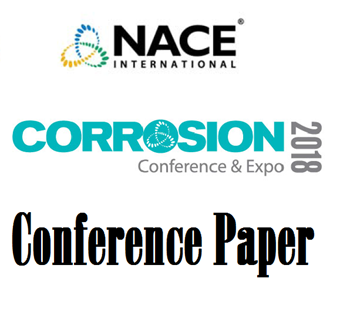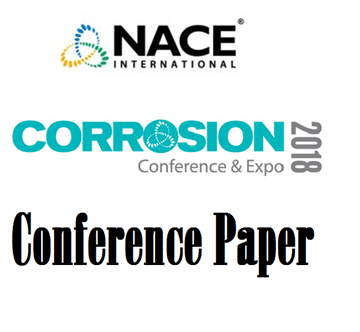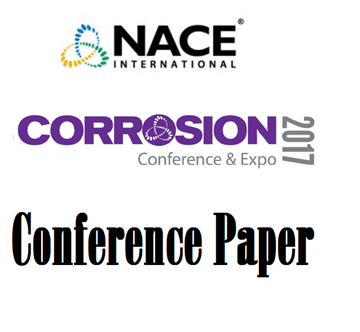Search
51317-9257-Patient-specific orthopedic implants manufactured by Additive Manufacturing –A corrosion study
Also Purchased
51318-11297-Characterization of Direct Metal Laser Sintered Alloy 718 in the As-Fabricated and Heat Treated Condition
Product Number:
51318-11297-SG
Publication Date:
2018
$20.00
51318-11171-Exploring the Corrosion Behavior of Alloy UNS N07718 Manufactured by Additive Manufacturing Under Different Building Directions
Product Number:
51318-11171-SG
Publication Date:
2018
$20.00
51317--9645-Sulfide Stress Cracking (SSC) Resistance of AISI 420 Modified (13Cr) Martensitic Stainless Steel Bar
Product Number:
51317--9645-SG
ISBN:
9645 2017 CP
Publication Date:
2017
$20.00




